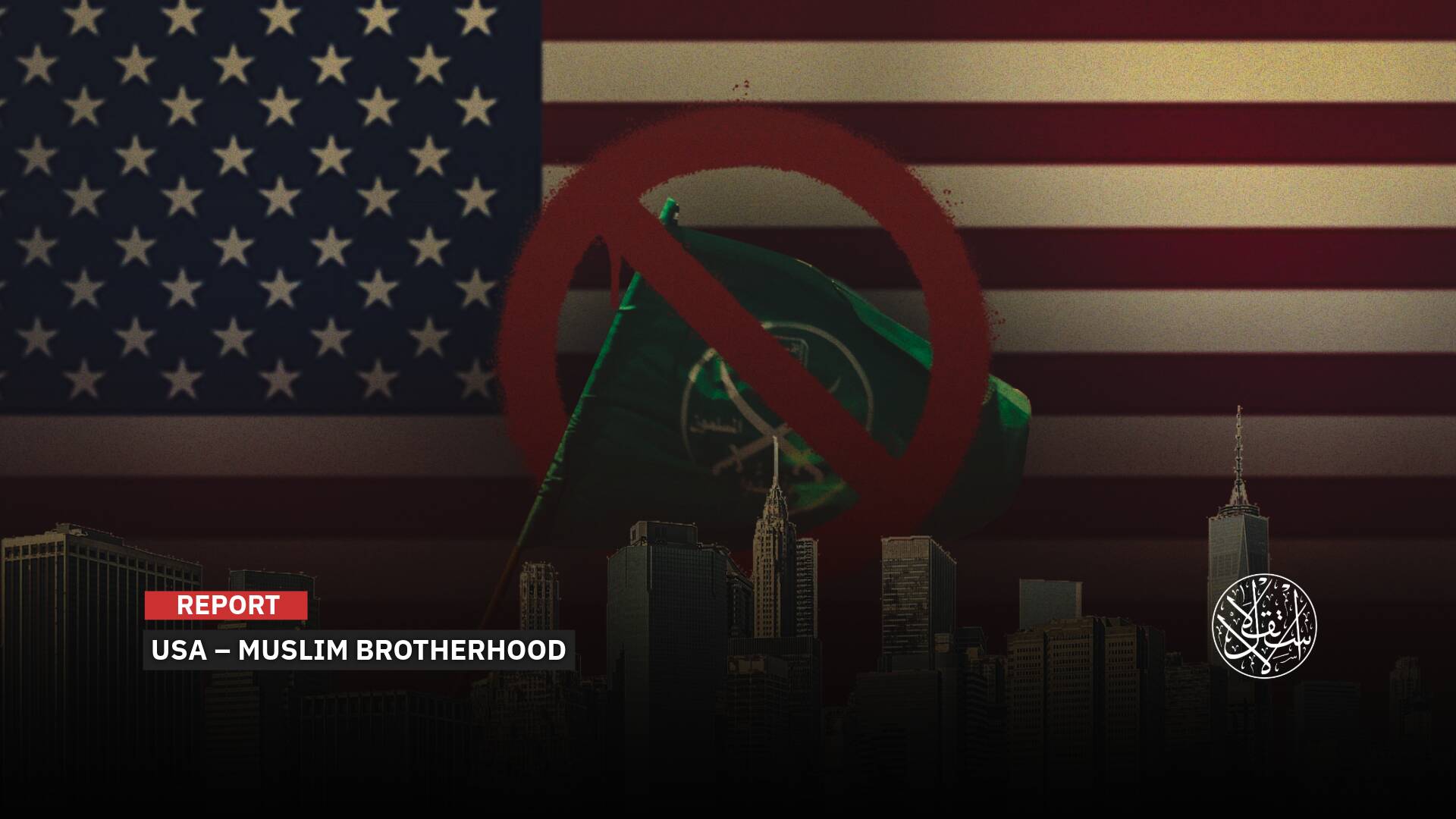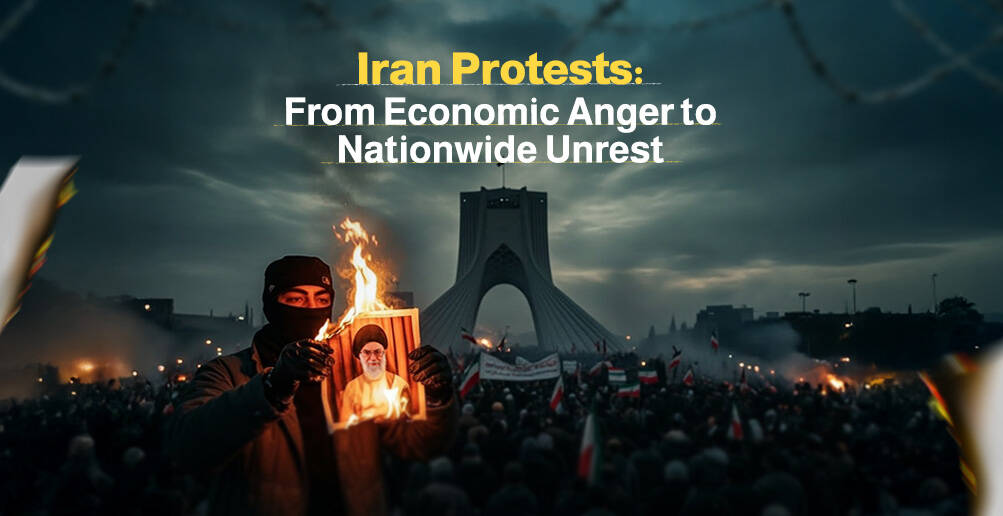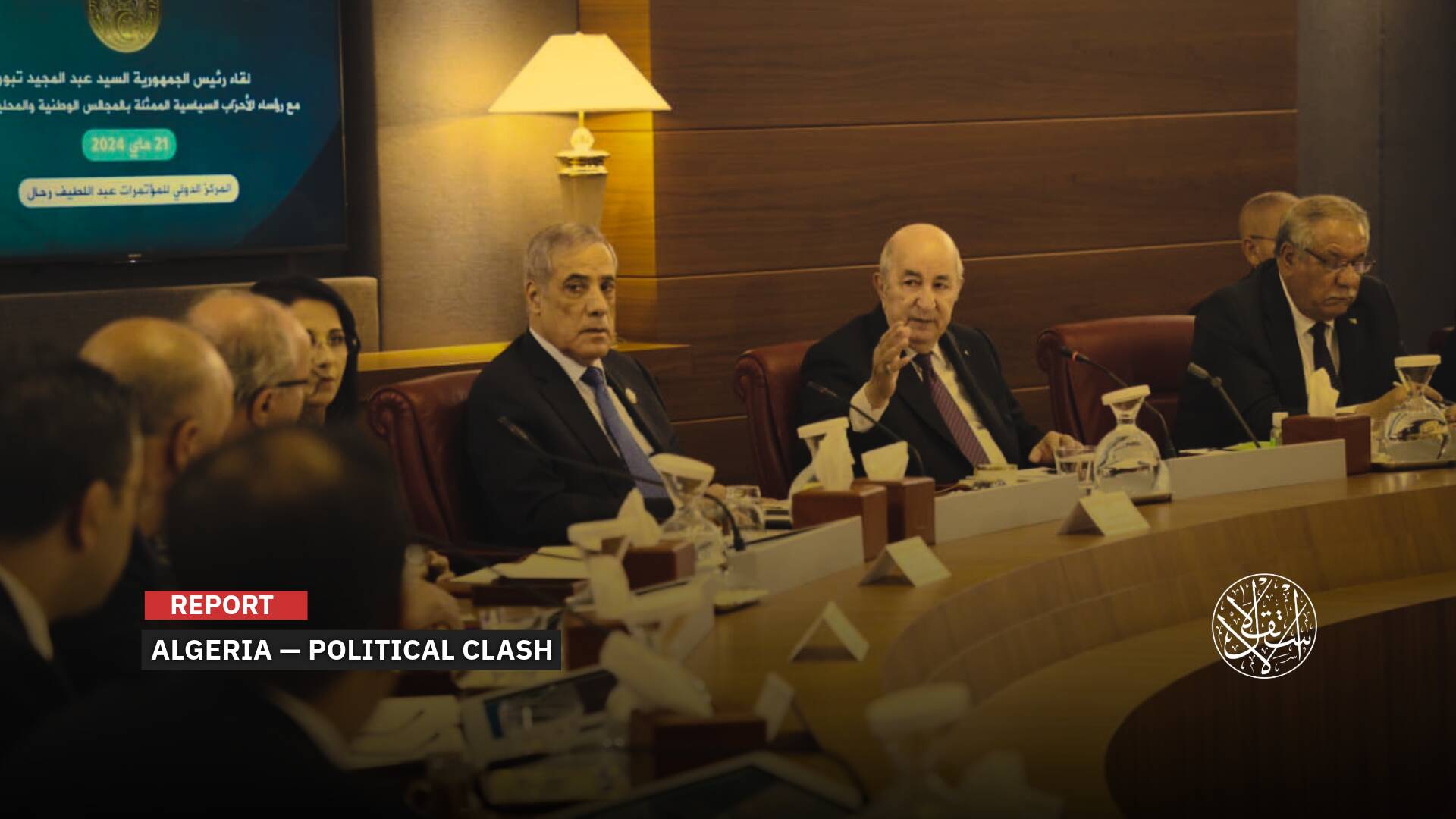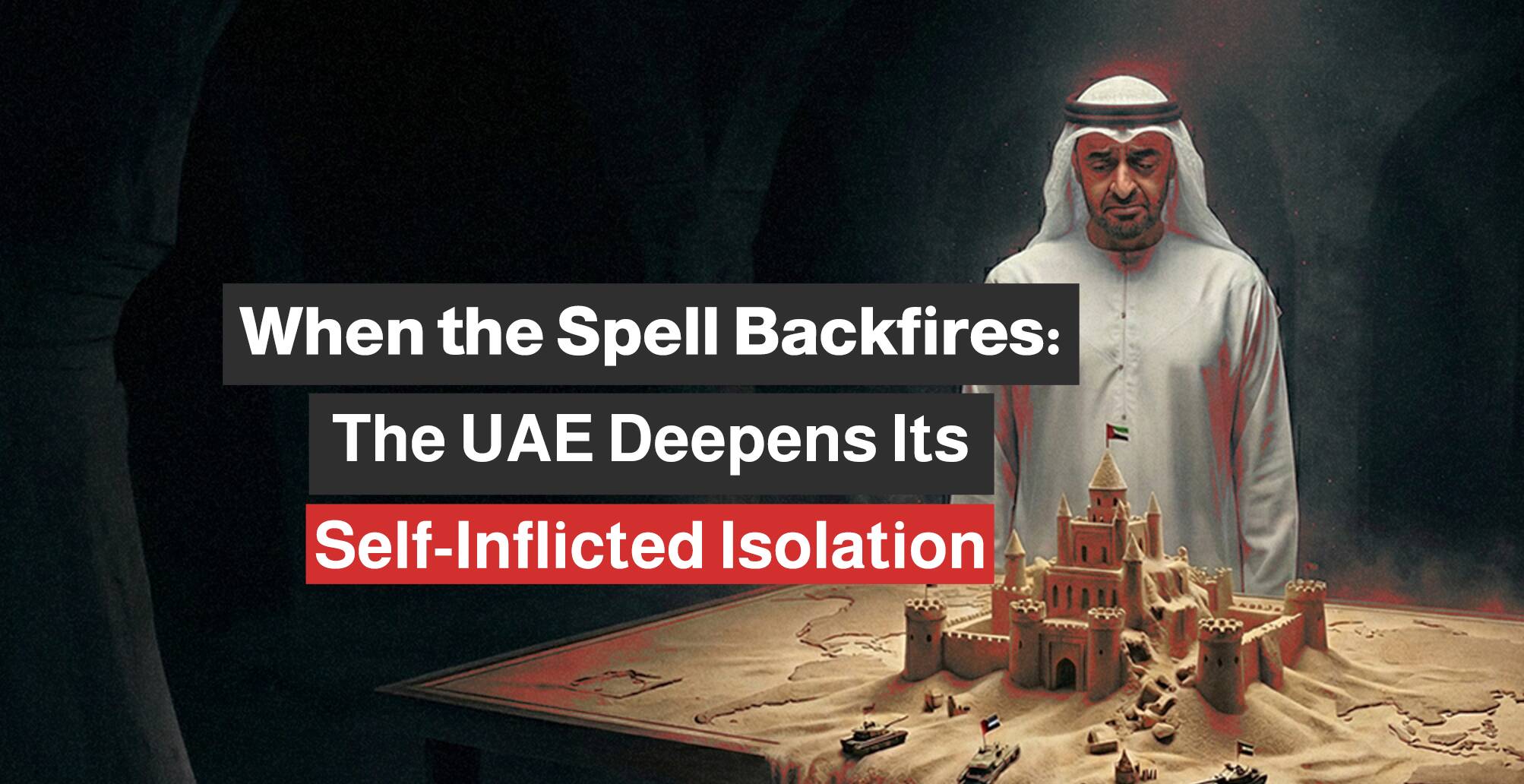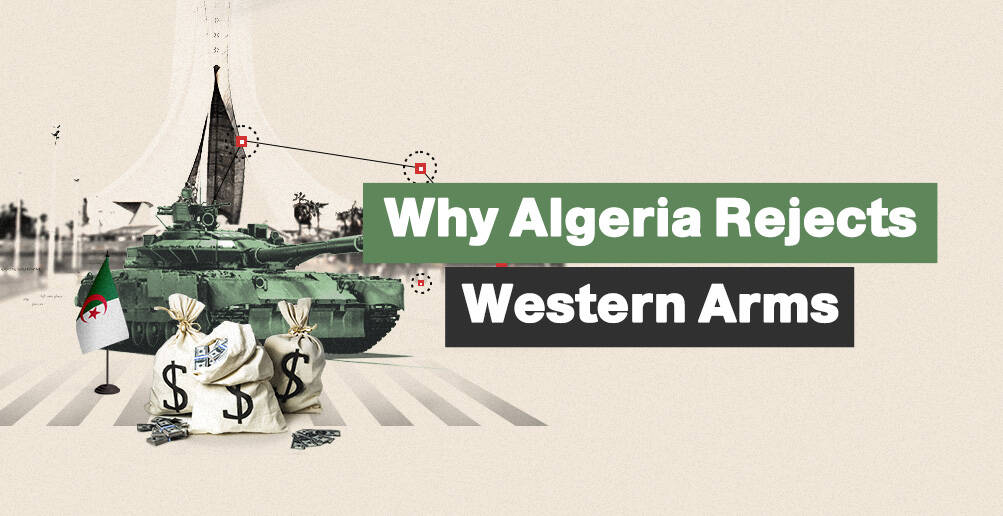Michelle Kilo; A Syrian Opposition Figure Who Supported The Revolution and Practiced Democracy Selectively
.jpg)
Although the Syrian thinker and writer Michel Kilo has been one of the most prominent symbols of the Syrian revolution since its beginning in 2011, there are many criticisms against him because of his duality in dealing with the Arab Spring, especially after he showed gloating at the late Egyptian president Mohamed Morsi.
Michel Kilo (81 years), lives in exile in the French capital, Paris. He has been battling coronavirus for some time, but that pushed him to give his commandment to the Syrians from the disease bed which he summarized in 7 points.
Supporter of the Revolution
Kilo addressed the Syrians during his commandment, published April 7, 2021, “Don't look at your own interests as inconsistent with the public interest; they are part or must be part of the public interest, don't look at your homeland through your whims and ideologies, look at them through your homeland; meet those who are disagree with you, after your biases made him your enemy”.
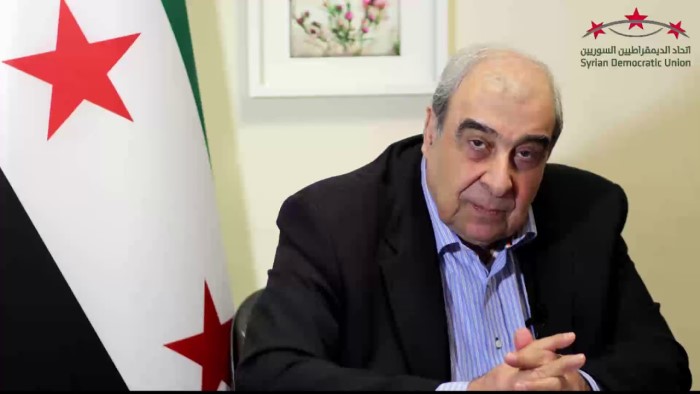
He continued by saying: “You will not overcome tyranny alone; if you do not unite within a national framework and on a single word, tyranny will humiliate you for a very long time. In your unity your salvation, manage it at any cost. You will not become a single people as long as you adopt non-national and retaliatory standards in looking at each other and yourselves. This means that you will remain a plaything in the hands of the Assad Regime, which feeds these standards and its relationships, while you think you are resisting”.
Kilo called on the Syrians to take care of the academic people saying: “You have a treasure; listen to those people, and take what they suggest, and don't underestimate a tested thought; no goal other than freedom will make you free, so hold on to the goal in every big and small event, and do not give it up." He added: “Please forgive me for my mistakes; human beings normally make mistakes”.
Many opponents praised Kilo's role in supporting the revolution via his pen, with which he defended the rights of the Syrian people. Prominent Syrian novelist Fawaz Haddad said: “Michel Kilo dedicated his whole life to the freedom of the Syrians; he fought without fatigue, we all owe to this great Syrian; it's a bright example of a heroic fighter”.
Writer and Thinker
Michel Kilo was born in the Syrian city of Latakia in the 1940s, to a Christian family of a policeman father and a housewife mother. He lived his childhood with his family and under the auspices of his father, who was of a broad culture. Kilo was educated in Latakia and worked in the Ministry of Culture and National Guidance. Michelle Kilo quotes from his father, as saying: “How can you just be a Christian only in a historical environment that has given you your culture, your language and your civilization and created an important part of your identity”.
Kilo chairs the “Center for Freedoms to Defend Freedom of Opinion and Expression in Syria”; he is an activist on civil society revival committees and a former co-author of the Damascus Declaration, and a former member of the Syrian Communist Party – the political office; he is also a political analyst, a writer, a translator and a member of the Union of Syrian Journalists.
Kilo translated some of the books of political thought to Arabic. Among those books were “Imperialism and Reproduction”, “The Big House”, “The Language of Politics”, and “the Social Awareness”.
A few days before his infection with Corona, Kilo finished printing his only book until now, “From Nation to Sect; Syria under the Baath and Military Rule”, which documented the half of a century of Baath and Al-Assad (father and son) rule, and talked how they transformed Syria from a country rich in thought, literature and politics to a place of "poverty and tyranny".
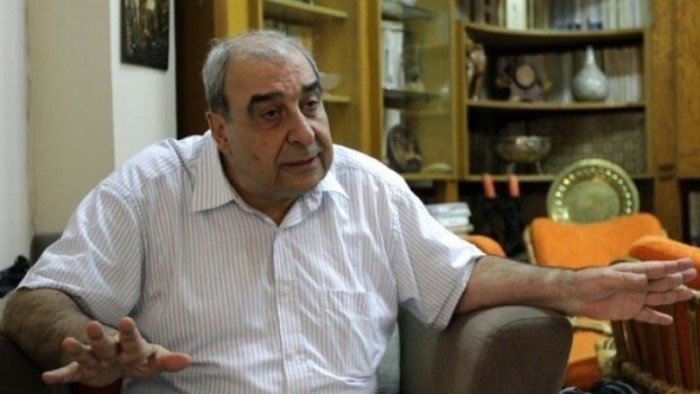
Political Detainee
Kilo was subjected to detention in the 1970s, which lasted for several months, then he travelled to France until the end of the 1980s, where he published some translations and articles and he did not resume its activities clearly until the “Damascus Spring Declaration” conference. He was again arrested on May 14, 2006 under a charge of weakening national sentiment, undermining the prestige of the state, and provoking sectarian strife, but observers said that his arrest came as a result of his signature with a group of activists and intellectuals on "the Beirut-Damascus Declaration".
But Kilo himself, in an article entitled “The Story of My Arrest and Accusations", which he wrote while in prison “Today, seven months after I was in prison: Does it true that I was arrested because of the Damascus Beirut Declaration, no, the Beirut Damascus Declaration is not the reason for my arrest”.
He continued: “This is my conviction, and if anyone wants to take revenge from me, I understand his position, even if I do not accept it, with the hope that I direct to him is to refrain from putting him under the law and the judiciary, so as not to undermine the little that remained for them with their position and role”.
Kilo was referred for trial in front of the ordinary judiciary, and then transferred for trial in front of the military court, in May 2007, the court sentenced him to prison for 3 years, after being convicted of spreading false news, weakening nationalist sentiment, and provoking sectarian strife.
Kilo was released on May 19, 2009, five days after his sentence expired, following the establishment of the International Committee for the Support of Michel Kilo by a group of activists, lawyers, media professionals and intellectuals.
One of those who joined the ICRC was Nasser Al-Ghazali, president of the Damascus Center for Theoretical Studies and Civil Rights, Violette Dagher, President of the Arab Commission for Human Rights, Nader Ferjani, Chief Editor of Arab Development Reports, Mohammed Al-Sayed Saeed, deputy director of the Center of Al-Ahram for Political and Strategic Studies.
Also it was part of the Committee: Haytham Manna, a thinker and human rightists, Moncef Marzouki is a thinker, activist and president of post-revolution Tunisia, Burhan Ghalioun is a thinker and professor at the University of Sorbonne, Dr. Sylvie Doblos is a professor at the Faculty of Medicine, Jean-Claude Poncen is a humanitarian activist, and many others.
The "Duality" of Kilo
Writers supporting of the Syrian revolution launched a sharp attack against Kilo, after criticizing and mocking the late Egyptian president Mohamed Morsi, the first elected civilian president reach to Egypt's rule, in the first elections after the overthrow of the Regime of the late Hosni Mubarak during the Revolution of January 25, 2011.
Writer and researcher Mohamed Khair Moussa, in an article on Al-Jazeera Live, July 8, 2019, said, “Did not success the high writing and talking ability of Kilo's in hiding his hatreds and gloats in the martyr president Mohamed Morsi, as a way no less ridiculous than the response of Amr Adeeb and as his likes, who have not morals, dignity and fraternity”.
He added: “Before the open inflamed wound cools with martyrdom the martyr president Mohamed Morsi, secular democratic opposition leader Michel Kilo insisted to practice his own democracy rituals, he threw up his hatred and blew up his psychological Dimples towards the martyr president, in the form of an opinion article entitled (A New Opportunity)”.
Moussa said: “Mr. Kilo, who tasted prison under Hafez al-Assad rule, refuses except to descend to the bottom of decadence, sharpening his pen to attack President Mohamed Morsi, who passed away as an oppressed martyr in El-Sisi's prisons”.
Moussa pointed that “Mr. Kilo, a Democrat, sharpens his pen to attack a democratically elected president after one of the greatest revolutions, in a scene that clearly shows this democratic secularism's rejection of democracy, and trample on it if it spawns a person or entity that contradicts with his secular ideology”.
In his article “A New Opportunity” in July 2019, Kilo was to accuse President Morsi, claiming that “Morsi turned a revolution against the Regime into a coup against the Egyptian state”.
In another situation caused by criticisms directed to Kilo, he criticized the election of 3 veiled women in 2012 as part of the Syrian National Council, the representative of the Syrian revolution at the time.
The Syrian fighter, at that time hastened to write an article attacking the National Council, because he chose to be a member of his secretariat, "women of the Stone Ages", as his expression and description.
In 2013, the incident known as the expansion of the National Coalition of Syrian Revolutionary Forces occurred, where the Union of Syrian Democrats or the Democratic Bloc known as the Michel Kilo Bloc submitted a request for expanding the coalition.
The godfather of the expansion request was Michelle Kilo, who submitted a list of 25 names from his block, he demanded that they be included in the coalition, declaring that clearly either the whole list will be accepted without discussion, or he will refuse to enter and will announce the withdrawal with those who are in his orbit from the coalition members, which will to devastation the entire coalition.
Michelle Kilo resorted to a “very democratic” method, where he helped request form the ambassadors of the major powers, and countries friendly to the Syrian people in order to impose their list on the coalition, it was actually imposed in every democratic spirit, according to the author Mohamed Khair Moussa.



